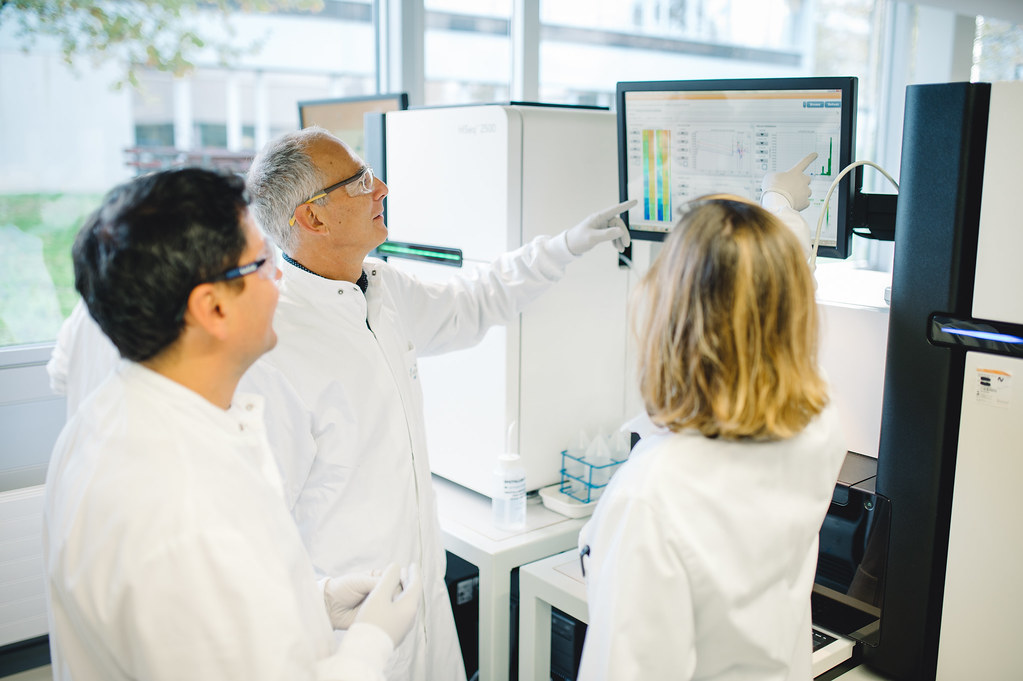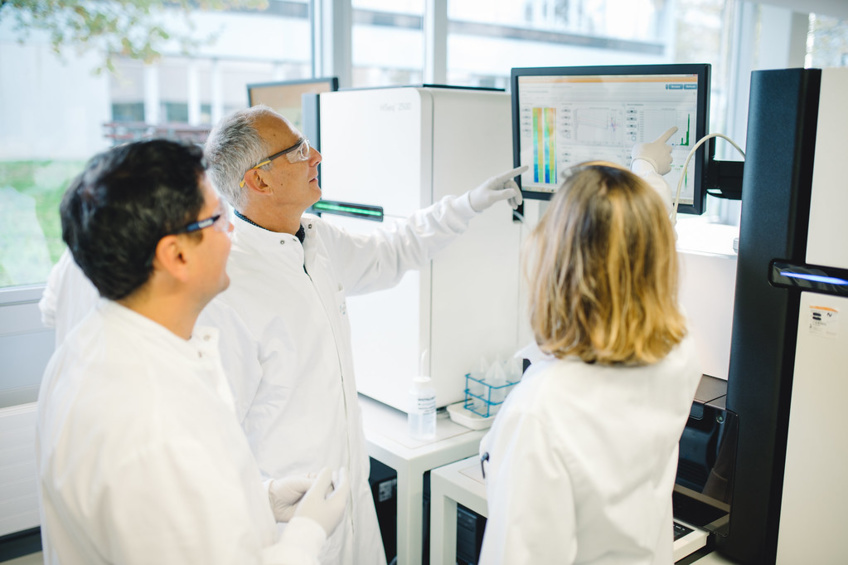The Garvan Institute of Medical Research and the Murdoch Children's Research Institute's Centre for Population Genomics (CPG) in Australia have launched a new initiative to engage diverse communities in genomic research. The Australian Government's 10 million Australian dollar (US $6.26 million) grant, as well as contributions from Illumina and other organizations, will fund the OurDNA project, which will collect data to improve disease prediction, diagnosis, and treatment in underserved communities.
Reference databases are critical for advancing genomic medicine because they provide detailed information on genetic variations and their associations with disease. Unfortunately, true population genomics has been difficult to come by.
“Existing global databases are highly skewed towards people with European ancestry,” said Professor Daniel MacArthur. “This means Australians who are not of European descent may have difficulty being diagnosed for a genetic disease and may not benefit from ongoing advances in genomic medicine.”
The OurDNA initiative will help to address this gap by involving people from culturally and linguistically diverse communities, such as Australians of African, Southeast Asian, Middle Eastern, East African, Oceanian, Aboriginal, and Torres Strait Islander ancestry.
These groups are being prioritized by the OurDNA team based on their size, lack of representation in existing databases, and clinical need. The researchers will also collaborate closely with the CONNECT Consortium, a national Indigenous-led initiative aimed at empowering Aboriginal and Torres Strait Islander people through genomic medicine and research.
Mitigating longstanding challenges
For a variety of reasons, minorities in Australia have been underrepresented in genomic research. In some cases, research organizations may have targeted majority populations because they are easier to reach via traditional communication channels.
Researchers have also failed to create culturally and linguistically appropriate participant information and education resources for many of Australia's diverse communities. As a result, it can be difficult for researchers to communicate the goals and benefits of a project.
“A major focus of this initiative is consulting extensively with communities prior to recruitment,” said MacArthur. “We want to ensure that we fully understand and accommodate each community’s needs in our program design as much as possible.”
The project is using participatory approaches that have successfully diversified medical research in other countries to increase participation. For example, the team will collaborate with stakeholders from each community to better understand their perspectives and expectations, as well as to design communications. Following the co-design process, the program will contact potential participants via a series of community events and other channels. Individuals who agree to take part in the project will help to develop genomic resources that are more representative of Australia's diversity, such as a reference database of genetic variation designed to aid in the diagnosis of patients suffering from rare genetic diseases.
Global partnerships
The CPG is collaborating with academic and industry partners, such as the Federation of Ethnic Communities Councils of Australia, Australian Red Cross Lifeblood, and Australian Genomics, to engage diverse communities across the country using tried-and-true methods.
Google Cloud and Microsoft are assisting with secure data storage, and the Broad Institute of MIT and Harvard is collaborating with the CPG to make the data available in order to maximize its impact on patients around the world. Illumina will help generate whole-genome sequencing data, which is critical for the project's impact on disease diagnosis rates.
“Illumina is providing discounted reagents and flow cells for the whole-genome sequencing that is so essential to this project,” said MacArthur. “Ultimately, we hope to sequence at least 7,000 genomes to gain a broader picture of the genomic diversity in Australia.”
Reference databases are critical for advancing genomic medicine because they provide detailed information on genetic variations and their associations with disease. Unfortunately, true population genomics has been difficult to come by.
“Existing global databases are highly skewed towards people with European ancestry,” said Professor Daniel MacArthur. “This means Australians who are not of European descent may have difficulty being diagnosed for a genetic disease and may not benefit from ongoing advances in genomic medicine.”
The OurDNA initiative will help to address this gap by involving people from culturally and linguistically diverse communities, such as Australians of African, Southeast Asian, Middle Eastern, East African, Oceanian, Aboriginal, and Torres Strait Islander ancestry.
These groups are being prioritized by the OurDNA team based on their size, lack of representation in existing databases, and clinical need. The researchers will also collaborate closely with the CONNECT Consortium, a national Indigenous-led initiative aimed at empowering Aboriginal and Torres Strait Islander people through genomic medicine and research.
Mitigating longstanding challenges
For a variety of reasons, minorities in Australia have been underrepresented in genomic research. In some cases, research organizations may have targeted majority populations because they are easier to reach via traditional communication channels.
Researchers have also failed to create culturally and linguistically appropriate participant information and education resources for many of Australia's diverse communities. As a result, it can be difficult for researchers to communicate the goals and benefits of a project.
“A major focus of this initiative is consulting extensively with communities prior to recruitment,” said MacArthur. “We want to ensure that we fully understand and accommodate each community’s needs in our program design as much as possible.”
The project is using participatory approaches that have successfully diversified medical research in other countries to increase participation. For example, the team will collaborate with stakeholders from each community to better understand their perspectives and expectations, as well as to design communications. Following the co-design process, the program will contact potential participants via a series of community events and other channels. Individuals who agree to take part in the project will help to develop genomic resources that are more representative of Australia's diversity, such as a reference database of genetic variation designed to aid in the diagnosis of patients suffering from rare genetic diseases.
Global partnerships
The CPG is collaborating with academic and industry partners, such as the Federation of Ethnic Communities Councils of Australia, Australian Red Cross Lifeblood, and Australian Genomics, to engage diverse communities across the country using tried-and-true methods.
Google Cloud and Microsoft are assisting with secure data storage, and the Broad Institute of MIT and Harvard is collaborating with the CPG to make the data available in order to maximize its impact on patients around the world. Illumina will help generate whole-genome sequencing data, which is critical for the project's impact on disease diagnosis rates.
“Illumina is providing discounted reagents and flow cells for the whole-genome sequencing that is so essential to this project,” said MacArthur. “Ultimately, we hope to sequence at least 7,000 genomes to gain a broader picture of the genomic diversity in Australia.”


 Australia begins initiative in genomic research
Australia begins initiative in genomic research





 Companies
Companies